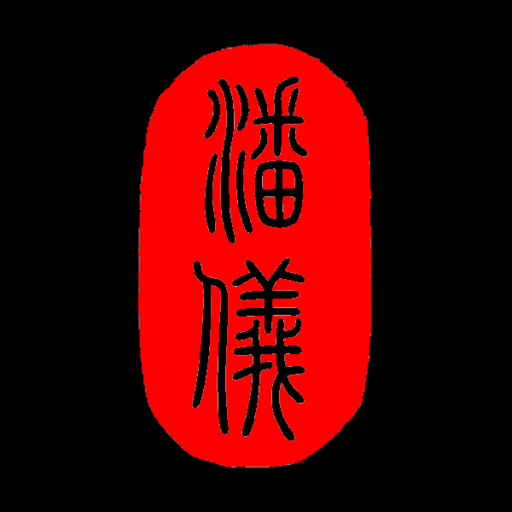“For many are called, but few are chosen” – Matthew 22:14
The first question that came was what is the difference between “called” and “chosen”.
The invitation to the wedding banquet in Matthew 22 was extended to all. The first group who are the “worthy” guests who turned down the invitation and some even murdered the messengers of the invitaiton. After this, the banquet was opened to all, even those who were in the streets, both good and evil (v10). All who received the invitation are “called”. Just as how salvation through Jesus Christ is offered to all mankind. The Lord has issued the call for us to come to Him. God initiates the call.
The next part of it is our response which I believe determines us being “chosen“.There are a few responses within the story which we can glean some lessons from.
The first group of invited guests responded by giving excuses and some even murdered the servants of the king. This was a defiance to the king, even to a point of challenging the king’s authority and power. This first type of response denied the invitees of any opportunities of being chosen by the king.
The second group of invitees were those whom we least expected to be invited to a king’s wedding banquet. The commoners, perhaps the modern day equivalent is the grassroots, who in the natural had no direct contact or association with the king. Interestingly, it is recorded that both evil and good were invited. There was no discrimination. This meant that there could be criminals, crooks and dubious characters in the crowd who were invited. Many of these came to the banquet as in v10 it recorded that the hall was filled with guests. Those who remained in the banquet were chosen as they responded to the call of the king and came for the banquet.
Yet, there was a mention of one man among the wedding guests who lost his state of “choseness”. Culturally, the wealthy host of the banquet provides wedding clothes to be worn over the guests own clothes at the door before entry into the hall. This man was entitled to his wedding clothes too and thus poverty was not a reason for not wearing one. We do not know the reason why he didn’t put on the wedding clothes as he remained speechless when questioned. Some reasons I can think of are “I don’t need to wear this additional piece”, “the design doesn’t suit me”, “it is not that crucial or important”, or even “I am not worthy to wear this”, or maybe “I just don’t feel like wearing it”. Whatever his reason was, he was thrown out into the darkness, and note that it was not back to the streets where he came from. It was the grace of the king that the invitation was extended to the commoners in the streets. By defying the protocol of respect to the king, this man forfeited the position of “choseness” and ended up in a similar state as the first group of invitees.
This brings a sober awakening to my response to the call of God. The putting on of the wedding clothes signifies the robes of righteousness provided for by the death and resurrection of Jesus Christ so that we can stand before the King of kings. Yet, underlying this, there is a call to obedience and submission to the ways of the King. It is not according to what I like or don’t, or I think is reasonable or don’t. It is about the ways of the King. This sounds like a dictorship kind of situation. Yet taking a step back I ask myself if I always know what I want, and if I am always able to assess what is truly good for me, not just for the moment but my entire life? An honest answer to this is no, I do not. If there is a God who is omnipotent (all powerful) and omniscient (all knowing) and loves me with His perfect love, should I not release my rights and let him lead the way in which I have limited sight to…
“For I know the plans that I have for you,’ declares the Lord, ‘plans for welfare and not for calamity to give you a future and a hope.” Jeremiah 29:11




